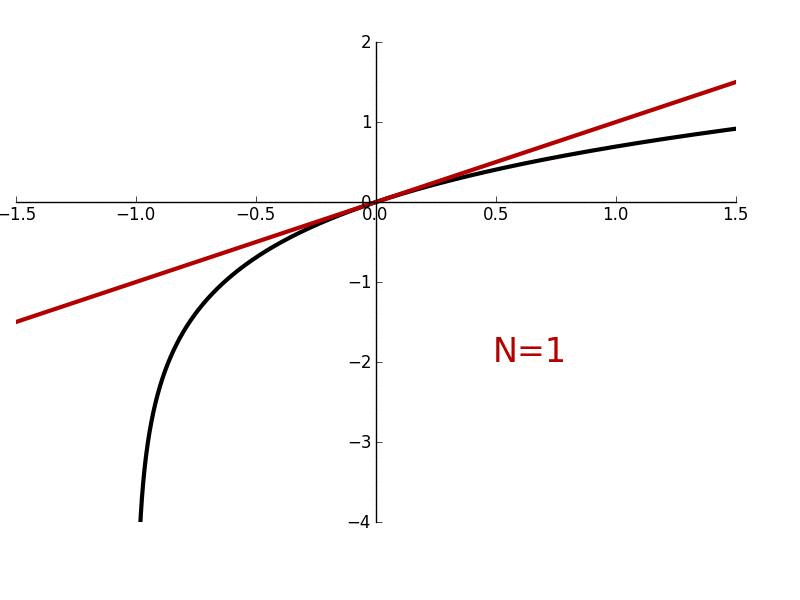There are lots ways I can think of to say "I'm not going to go into all the details", but not many of them also include altering the accuracy. These are more for starting to explain something to someone, rather than describing what happened to you. (But why would you need a phrase to say "this isn't 100% accurate" then; stories aren't expected to be 100% accurate, are they?)
"In layman's terms" - phrased simply, without jargon. This implies an explanation from an expert to a non-expert, e.g. "a part of your car engine has melted" (maybe you don't have the knowledge or interest for a more accurate explanation), but would not be used for recounting a story, e.g. "Why was I late today? In layman's terms, there were roadworks". This includes that it will be inaccurate, on the basis that someone doesn't have the knowledge to understand a more accurate detailed explanation, or that it's not relevant at the time.
Model - In engineering / math worlds, a simplified version of a thing, which is wrong-but-useful is a model. e.g. "We'll model our ice cream stall as one person buying two hundred ice creams an hour, and then show that we can make it work". Model definitely implies deliberate inaccuracy, for the purpose of making things simpler, not to be deceitful.
"Back of the envelope" is similar - Approximate, rough, simplified, especially of a calculation, estimation or other reasoning. "Do some back-of-the-envelope calculations before all the facts come in."
"A high level description / the high level overview / Executive Summary" - A high-level description is one that is more abstracted, describes overall goals and systemic features. "You want a high level overview of our holiday plans? Australia, the beach, alcohol. Any questions?". A high level view ought to be accurate, but incomplete.
"The Cliff notes" (or the sparknotes) version - A summary of a much longer work designed to allow a student to quickly learn the key points of the longer work. I've only really heard this online from Americans, meaning similar to a high level overview.
"{something} 101" - ("one oh one"). (chiefly US, postpositive) Basic, beginner, starting from scratch. "Geology 101 tells us that you can't build a reservoir on sandstone."

